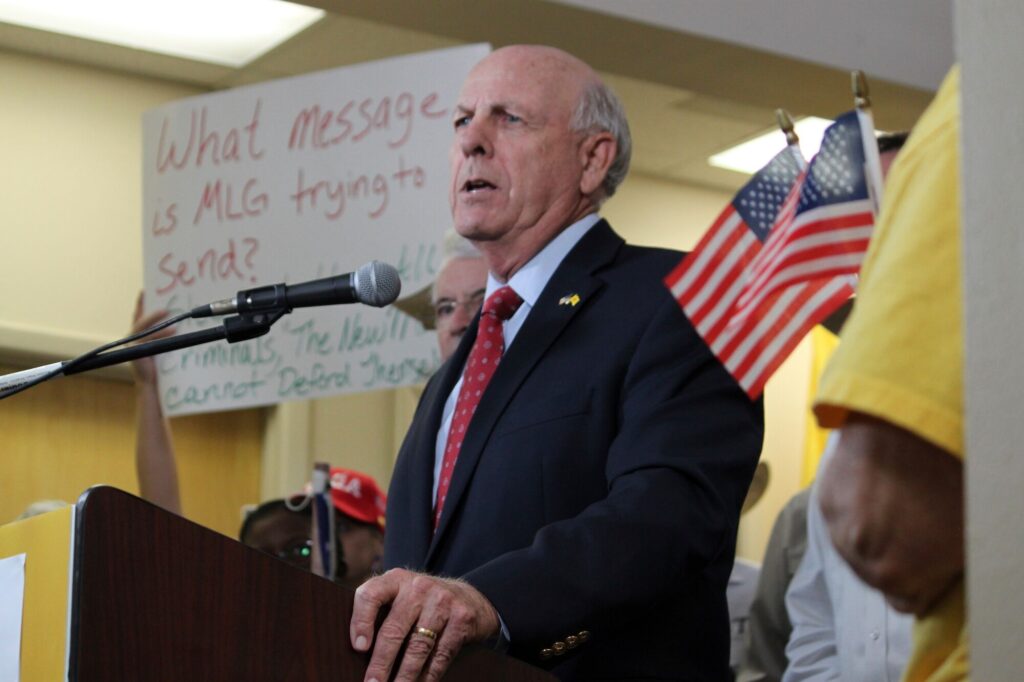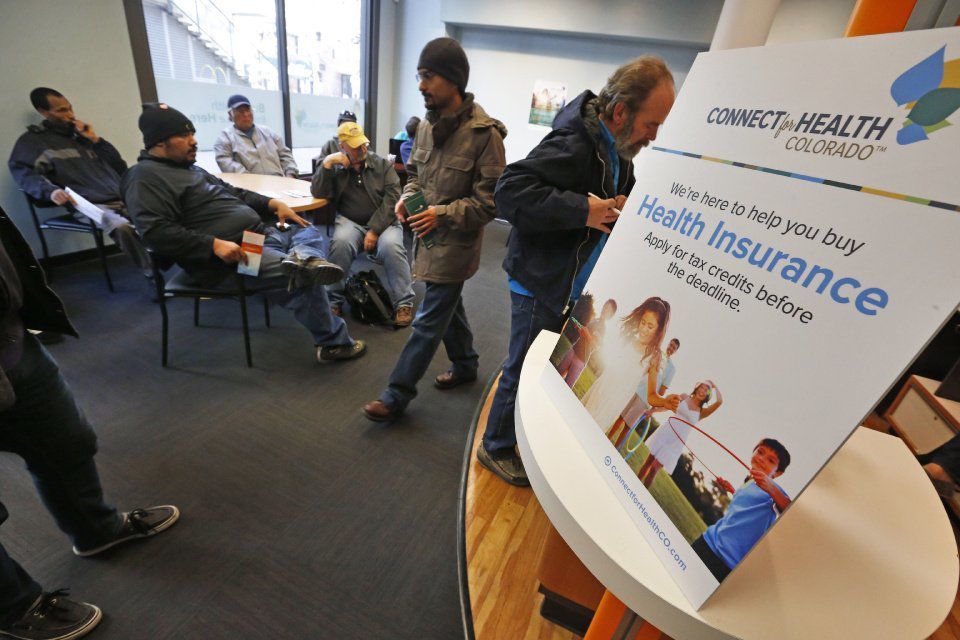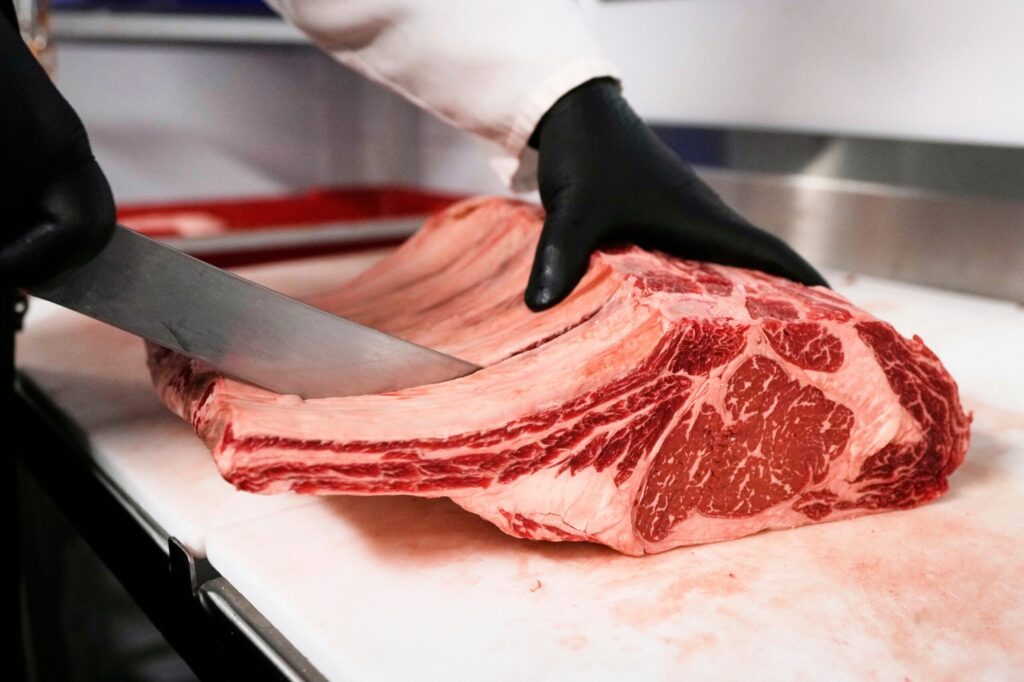Lawmakers rush on rural broadband waiver bill but it may be for naught

The second bill to whip through the Colorado General Assembly – on rural broadband – cleared the House Wednesday and is headed to the Senate. But the effort by lawmakers to get the bill to the governor post-haste may not produce the desired results.
House Bill 1116 would task the state’s rural broadband deployment board with writing up a state waiver that would go to the Federal Communications Commission. The waiver applies to the next round of grants from the Connect America auction and would need to be in the hands of the FCC prior to the auction. If the state receives the waiver, it can then apply for a Connect America II grant. The hope is for a one-time $250 million award, although the grant usually is spread out over 10 years.
Should the state get Connect America dollars, it would route to the broadband board and then as grants to private companies that do the actual build-out. Republican Rep. Bob Rankin of Carbondale told the House Tuesday that the grants could apply to public-private partnerships, something that has worked well in several areas of the state, including his home county of Rio Blanco. HB 1116 is sponsored by the Joint Budget Committee.
Connect America will hold an auction for nearly $2 billion in grants sometime during the first quarter of 2018 – the date hasn’t yet been set – but lawmakers want the broadband board to be ready to do the waiver as soon as possible, hence the intent to get the bill to the governor before month’s end.
That seems to be news to the broadband board. Chair Brian Shepherd of the state Office of Information Technology told Colorado Politics the board’s next meeting is likely to take place around the end of January or early February. The board plans to deal with a variety of issues, Shepherd said, but Connect America isn’t among them.
But Anthony Neal-Graves, executive director of the governor’s Broadband Office and another member of the board, says the board is ready to work on the waiver as soon as the governor signs the bill. The broadband office has been working with private companies to prepare them for the next Connect America auction, Neal-Graves said.
The bill also has a second benefit, according to Neal-Graves: it would give the broadband board the ability to apply for federal funds in the future without having to go back to the General Assembly for permission.
But the rush to get the bill to the governor and for the broadband board to get the waiver done may be for naught. The FCC granted a waiver to New York last year, a waiver that the state had submitted in 2016. Neal-Graves said the FCC granted it before the agency had a good idea of just how it would handle the process. Pennsylvania has since applied for a waiver of some of the rules but the FCC has already turned that down. Neal-Graves said it’s likely that Colorado will be turned down, too, since the FCC has now stated it’s not inclined to grant waivers. “The best thing you can do is ask and have somebody tell you no,” Neal-Graves said.
CenturyLink received $506 million over ten years from the first Connect America auction to provide broadband in 33 states; Colorado’s portion of that is around $160 million.
There’s a second bill that seeks Connect America funds, albeit in a different way and from a slightly different, lesser source. Sponsored by Democratic Sen. Kerry Donovan of Vail, Senate Bill 104 also directs the broadband board to write up a waiver, but in her bill they have more time to come up with it, to do it in “a more thoughtful way,” Donovan told Colorado Politics.
Were it to pass, Donovan’s bill would deal with future auctions, not the one coming up in the next two months. There could be money on the table after the next auction – it happened with the first one – and Colorado could apply for that or other federal funds down the road.
Donovan said she been working on her bill for at least two months, but its introduction was delayed, in part because it sought the same waiver and likely wouldn’t have the financial impact of the JBC bill. Politics may also have played a role, given that Donovan is up for re-election in the fall. She said as a result she’s had to play more of a behind-the-scenes role on certain issues.
HB 1116 now heads to the Senate, where it could be up for a final vote by Friday.













